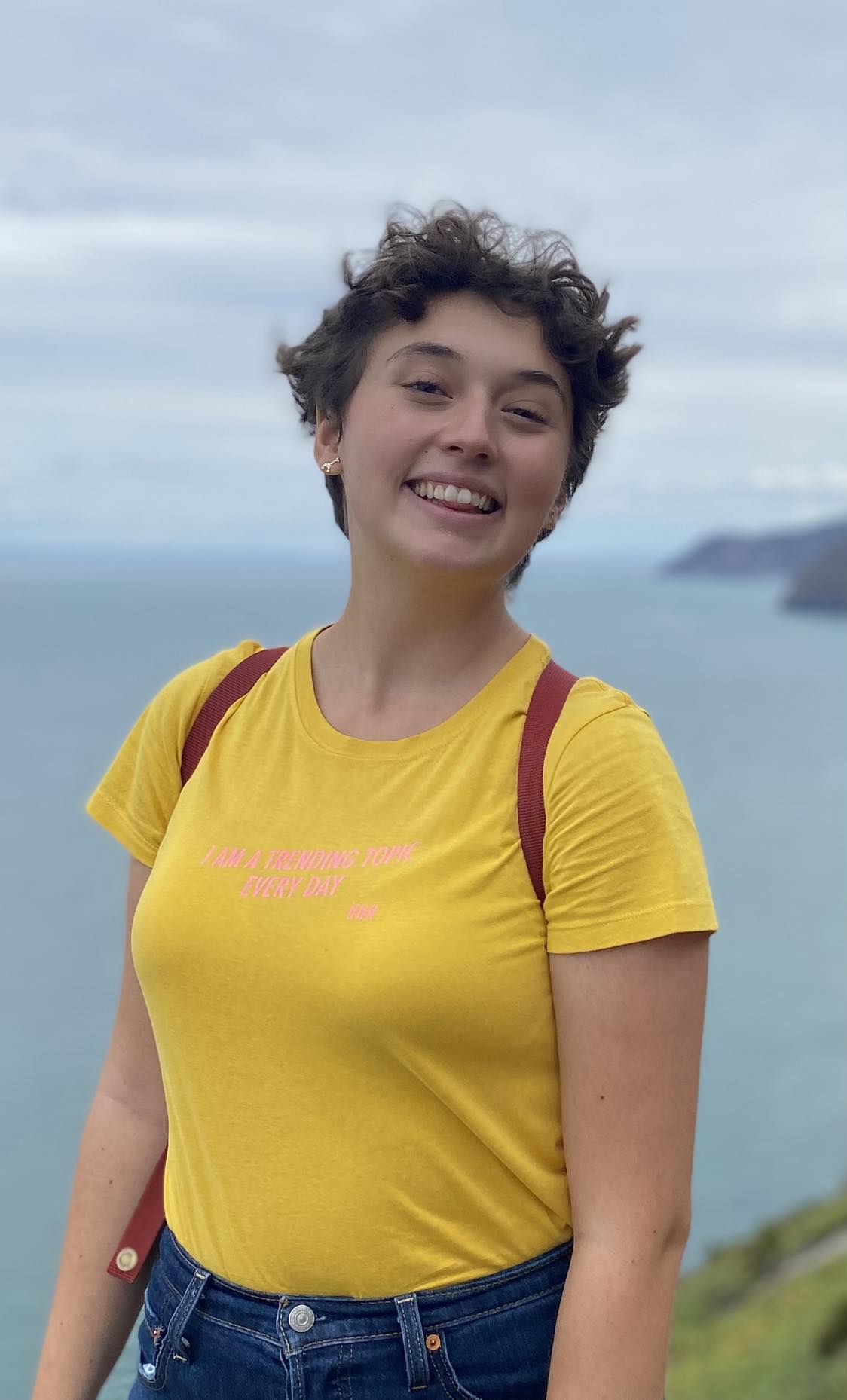Making the transition from campaign management to freelance journalism is no easy task, especially without any formal journalistic training. But now, working for the likes of the Guardian, BBC Newsnight, and The Bureau of Investigative Journalism, Eve Livingston is living proof that it can be done — even if it did involve dropping a few hot takes on Twitter along the way.
My Typical Day Looks Like…
There is no typical day — it really varies depending on who I’m working with at the time. I don’t always do very news-driven stuff. Recently, I’ve been working with Newsnight, so that’s [being] much more responsive to things as they happen. So I wake up and I don’t necessarily know what I’m going to be doing that day.
Typically, I try to keep fairly regular working hours, but obviously with being a freelancer, if I’m a bit tired I can start a bit later or finish a bit earlier. I get up, have breakfast, looking through emails. If I’ve got a commission I’m working on, I’ll get cracking on that. If I’ve got an interview, it might be phoning them up or nipping out to talk to them in person. Sometimes, it might be going to an event.
Then I like to block out writing time, [as] I’m not one of those people that’s good at fits and starts. I need to block out a good couple hours with nothing else going on to hammer something out from start to finish.




